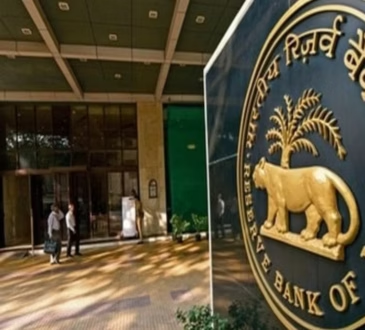As India works towards a new regulatory framework for cryptocurrencies, the Securities and Exchange Board of India (SEBI) has clarified that any decision on how to treat crypto assets must come from the government, not the market regulator.
Speaking at the ASSOCHAM 16th Capital Market Conference in New Delhi on Thursday, May 22, SEBI Chairperson Tuhin Kanta Pandey addressed growing expectations that India might follow in the footsteps of the United States, where the Securities and Exchange Commission (SEC) recently approved spot Bitcoin exchange-traded funds (ETFs). That move marked a significant shift in the SEC’s stance and has fuelled speculation that Indian regulators may be preparing to take similar steps.
Pandey, however, said the responsibility lies with the central government. “A policy call has to be taken by the government. Crypto as such is not a security at the moment under SEBI regulations,” he said.
India’s approach to crypto regulation has remained cautious and fragmented. While the government has taken steps such as imposing a 30% tax on crypto gains and a 1% tax deducted at source (TDS) on all transactions, a comprehensive regulatory framework is still in the works. A draft Bill to regulate or potentially ban private cryptocurrencies was introduced in 2021 but has since stalled. Policymakers have repeatedly said they are waiting for global coordination before moving forward.
What other countries are doing
In the meantime, international regulatory frameworks are beginning to take shape. In the United States, the SEC’s approval of Bitcoin ETFs has been seen as a step towards integrating crypto into mainstream financial markets. In the United Kingdom, crypto firms must register with the Financial Conduct Authority (FCA) and adhere to anti-money laundering rules. The European Union’s Markets in Crypto-Assets (MiCA) regulation, which is set to take effect in 2024, will establish broad oversight of crypto markets, including rules on stablecoins, investor protections, and licensing for service providers.
In limbo
India’s Reserve Bank has consistently warned against the use of private cryptocurrencies, calling them a threat to financial stability. It has instead pushed forward with the development of a central bank digital currency (CBDC), which is currently in pilot stages for both retail and wholesale use.
The lack of regulatory clarity has left crypto exchanges and investors in limbo. Industry players have urged the government to establish a clear set of rules to foster innovation while ensuring investor protection and financial integrity.
With global regulatory approaches evolving rapidly, the pressure is mounting on Indian policymakers to define the country’s stance. For now though, SEBI’s message is clear: The future of crypto in India will be decided in New Delhi, not at the regulator’s headquarters.
Also read: CoinDCX expands Middle East and North Africa ops with BitOasis launch in Bahrain
(Edited by : Shoma Bhattacharjee)
First Published: May 22, 2025 6:14 PM IST




